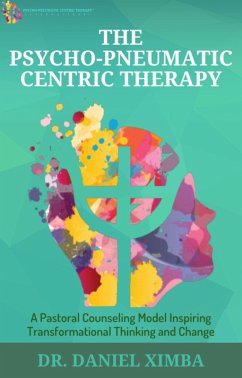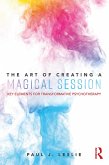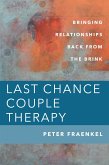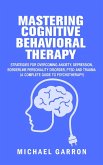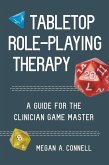In the book "THE PSYCHO-PNEUMATIC CENTRIC THERAPY: A Pastoral Counseling Model Inspiring Transformational Thinking and Change," Dr. Ximba presents a model he developed called the "PSYCHO-PNEUMATIC CENTRIC THERAPY," which is based on Romans 12:2.
The model aims to help pastoral counselors apply the concepts of transformational thinking and change problem-solving techniques to address the underlying issues that help-seekers face in their personal lives as well as the challenges they encounter in their careers.
Unlike other humanistic psychology models, this one uses the four well-organized stages of problem-solving, or the PEDA model. With the help of this framework, you will:
(P) - Pray: Pray for the Holy Spirit to use the help-seeker's feedback and open-ended inquiries to reveal the problem's underlying source.
(E) - Envision: Equipped with fresh perspectives on the underlying source of the issue, produce a maximum number of viable remedies.
(D) - Develop: Before drafting a plan of action, compile and narrow down your insights and discoveries into a small list of achievable possibilities.
(A) - Apply: Use the best result and let the person(s) seeking assistance know about its potential value and ability to effect change.
This approach helps you uncover issues that might not have otherwise appeared and get to the core of the problems presented by those seeking assistance.
Dieser Download kann aus rechtlichen Gründen nur mit Rechnungsadresse in A, B, CY, CZ, D, DK, EW, E, FIN, F, GR, H, IRL, I, LT, L, LR, M, NL, PL, P, R, S, SLO, SK ausgeliefert werden.

